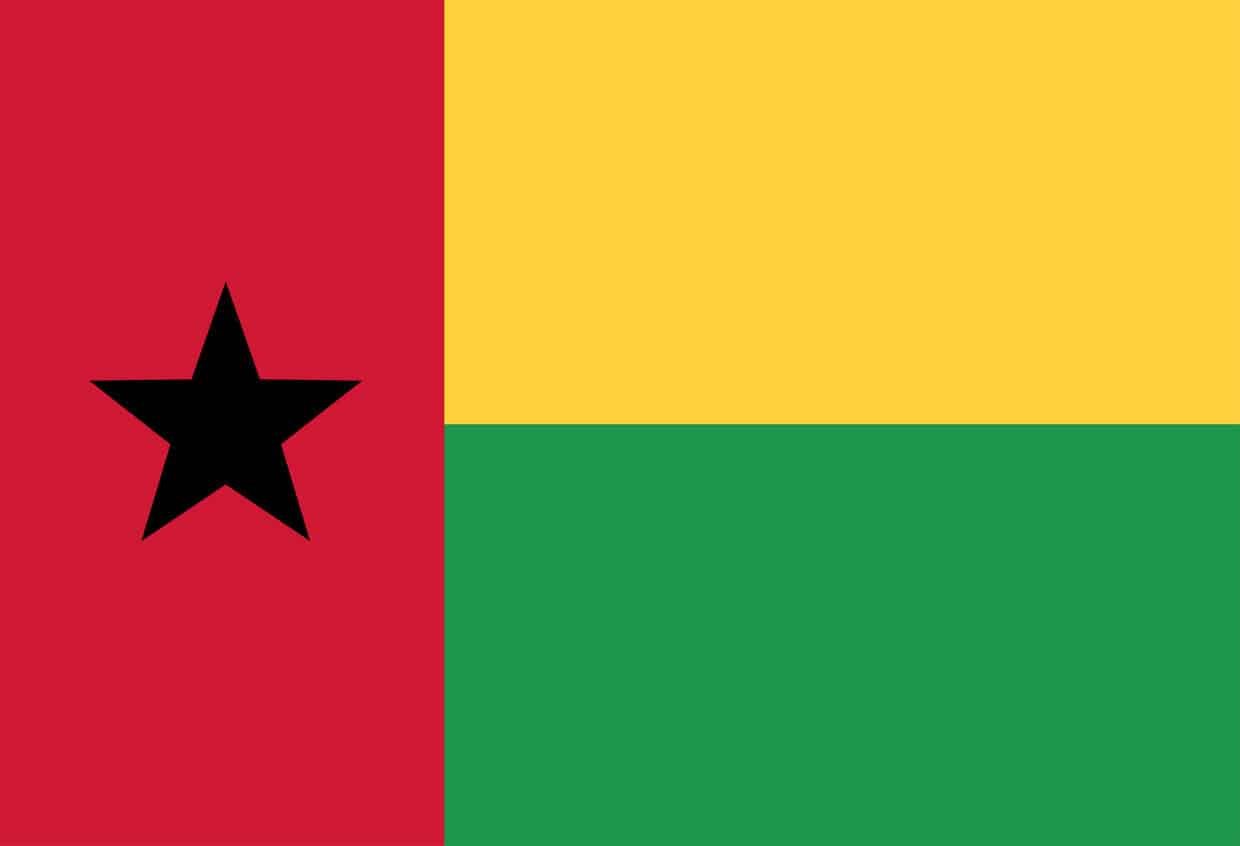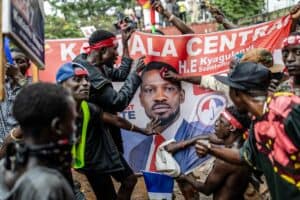The army detains top leaders, suspends elections and reopens borders as General N’Tam begins a one-year interim mandate.

Guinea-Bissau’s military appointed a general as the country’s new leader for the duration of one year Thursday, a day after seizing power, arresting the president and derailing the announcement of election results.
Soldiers patrolled the area around the presidential palace in Bissau on Thursday morning and a few people were seen walking along the main road leading to the building, where heavy gunfire rang out the previous day.
After taking the oath of office in a ceremony at the military’s headquarters, General Horta N’Tam, chief of staff of the army, declared that “I have just been sworn in to lead the High Command,” AFP journalists observed.
Dozens of heavily armed soldiers were deployed at the scene as he told a press conference that actions were necessary “to block operations that aimed to threaten our democracy”.
A group of officers on Wednesday said they had seized “total control” of the coup-prone country, suspending the electoral process as Guinea-Bissau awaited the results of last Sunday’s vote, which President Umaro Sissoco Embalo had been expected to win.
Having served until now as the chief of staff of the country’s army, N’Tam is considered to have been close in recent years with President Embalo.
N’Tam said evidence had been “sufficient to justify the operation” adding that “necessary measures are urgent and important and require everyone’s participation”.
ALSO READ: Elections 2024: What global elections this year mean for SA
Sandwiched between Guinea and Senegal, Guinea-Bissau has experienced four coups since independence from Portugal in 1974, as well as multiple attempted coups.
On Wednesday afternoon, General Denis N’Canha, head of the presidential military office, told journalists that the military was assuming control of the country “until further notice” after a plan involving “drug lords” had been uncovered, which had included “the introduction of weapons into the country to alter the constitutional order”.
In addition to halting “the entire electoral process”, he said military forces had suspended “all media programming” and imposed a mandatory curfew.
All land, air and sea borders were shut Wednesday following the coup, but General Lassana Mansali, said Thursday they had been re-opened.
Embalo was arrested Wednesday and being held at general-staff headquarters where he was being “well-treated”, according to a military source.
A senior officer added that “the chief of staff and the minister of the interior” had also been detained.
Opposition leader Domingos Simoes Pereira, who was barred from last weekend’s presidential election by the Supreme Court, was additionally arrested Wednesday, according to two sources close to him.
ALSO READ: African Union expresses ‘concern’ over dissolution of Guinea-Bissau parliament
The chair of the Economic Community of West African States (ECOWAS) “unequivocally condemns the coup d’etat” in a statement Thursday while recalling the body’s “strict zero-tolerance for unconstitutional changes of government”.
‘Deep concern’
Guinea-Bissau is among the world’s poorest countries and is also a hub for drug trafficking between Latin America and Europe, a trade facilitated by the nation’s long history of political tumult.
Political stability was one of the major issues in the election, given the nation’s turbulent past. In October the country’s army said it thwarted an “attempt to subvert the constitutional order” and arrested several senior military officers.
UN Secretary-General Antonio Guterres was “following the situation with deep concern”, his spokesman said, while the country’s former colonial ruler Portugal discouraged “any act of institutional or civic violence”.
Sadibou Marong, director of Reporters Without Borders’s Sub-Saharan Africa office, meanwhile said the country’s media suspension amounted to a serious violation of the right to information.
“The population must be able to be informed about what is happening in the country, especially in this context of political crisis”, he said.
The west African region has been rife with coups in recent years, with Mali, Burkina Faso, Niger and Guinea all seeing their governments toppled.






